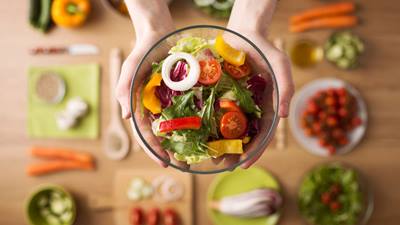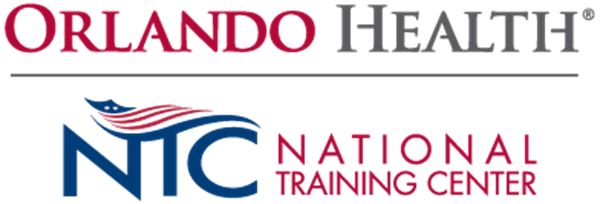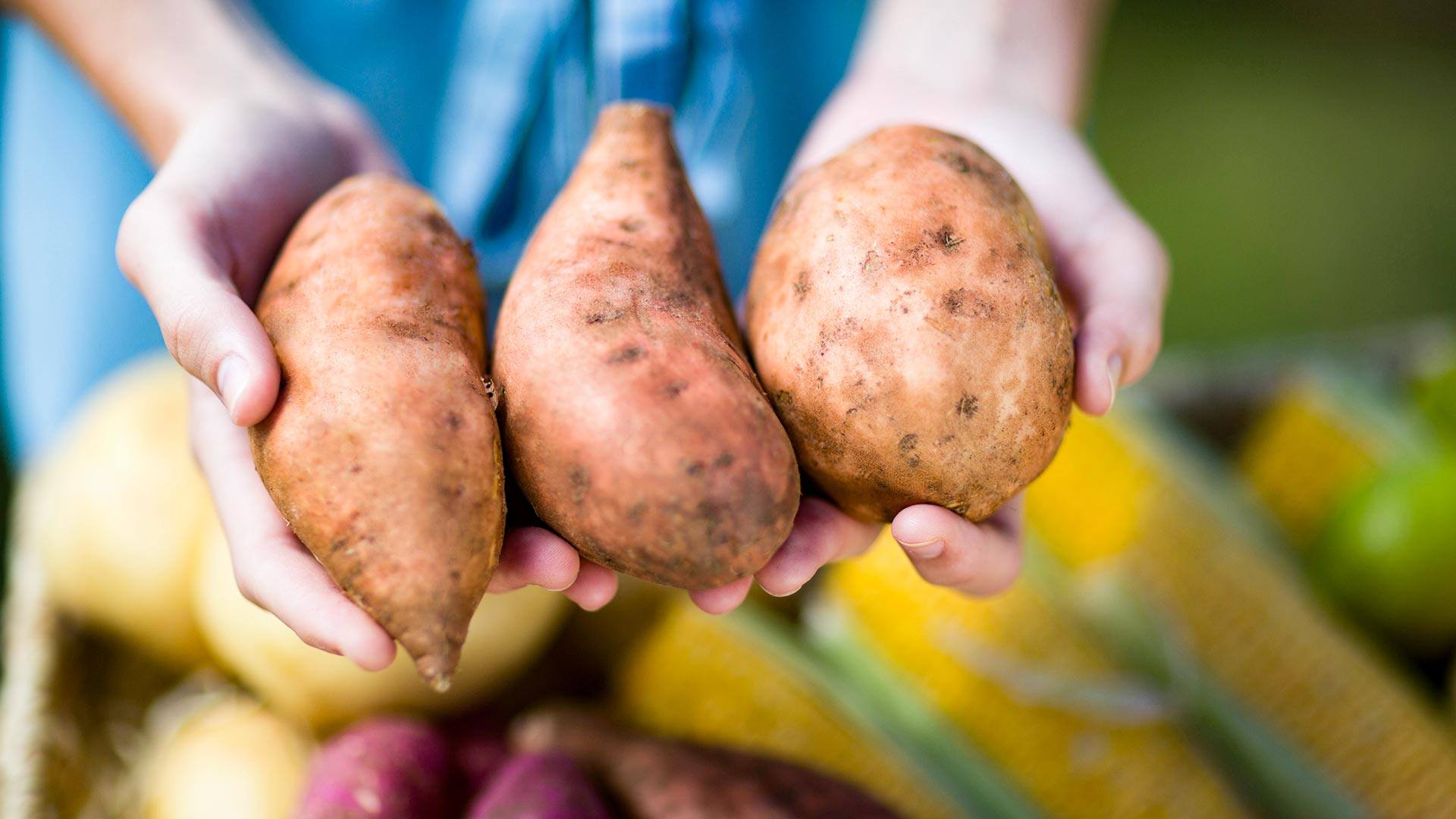Want to Reduce Your Cancer Risk? Eat These
You know the drill. To reduce your risk of cancer, don’t smoke. Don’t drink alcohol excessively. Don’t char your meat on the grill. Don’t eat a steady diet of high fat foods. While these recommendations are all valid, they also focus on what NOT to do.
But let’s also take a look at what you CAN do to reduce your risk of cancer. One way is to include healthy foods and supplements into your diet. So many delicious foods can help your body protect itself against cancer that eating them is not just a safeguard, but a satisfying method of self-care.
How Nutrition Helps Fight Cancer
Proper nutrition can lower our risk for cancer and other chronic disease because it helps us to maintain a healthy weight—more precisely, a healthy body fat percentage (body mass index, or BMI).
The World Cancer Research Fund estimates that “about 20% of all cancers diagnosed in the U.S. are related to body fatness, physical inactivity, excess alcohol consumption and /or poor nutrition and thus could be prevented.” What’s more, the American Institute for Cancer Research found a strong link between excess body fat and an increased risk of 12 cancers.
Foods to Fight Cancer
While maintaining a healthy weight is important, it’s also important to eat healthy foods. Certain foods are well-known for helping to fight cancer.
Plant compounds help lower our risk for cancer because they contain antioxidants, dietary fiber and antiseptic and antibacterial properties.
Brightly colored fruits and vegetables: These have antioxidants that protect cells from damage caused by toxins. Berries, for example, can actually help slow tumor growth. Green leafy vegetables are full of vitamins, including vitamin A that can help slow cancer growth. Cruciferous vegetables like broccoli, kale and cauliflower help to boost the body’s protective enzymes and remove cancer-causing chemicals.
Beans and whole grains: These contain dietary fiber, phenols, lignans and saponins—all natural chemical compounds found in plants that help fight infection and lower your risk for cancer.
Foods in their natural form: Portable and pre-packaged, apples and carrots are convenient and healthy additions to your diet (see brightly colored fruits and vegetables).
Fatty fish: Fatty, or “oily” fish such as salmon, halibut and mackerel have Omega-3 fatty acids that have an anti-inflammatory effect.
Pre-mixed superfood drinks: A convenient way to get healthy helpings of fruits and vegetables.
Healthy herbs and spices: Turmeric is often used in Asian food and curry, but it is also used to treat a variety of conditions, including cancer. Used preventively, it is a powerful antiseptic and can be mixed into a beverage or sprinkled on vegetables.
Supplements: Supplements like garlic, flax seed, ginger and green tea also can help reduce your cancer risk. Garlic, for example, has sulfur-containing compounds that cause apoptosis, in which a cancer cell will actually induce its own death.
Reducing your risk of cancer through diet doesn’t have to mean reducing your food choices. Instead, it is an opportunity to explore new fruits and vegetables, beans and whole grains, fatty fishes, herbs and spices, and new recipes that will help you feel good and be healthy.
Learn More About the Services Offered at The Orlando Health National Training Center
The Orlando Health National Training Center on the campus of Orlando Health South Lake Hospital is a state-of-the-art sports and fitness facility located in Clermont, Florida. The Fitness Center offers community fitness, sports and health memberships and programs for youth and adults.
Learn More











